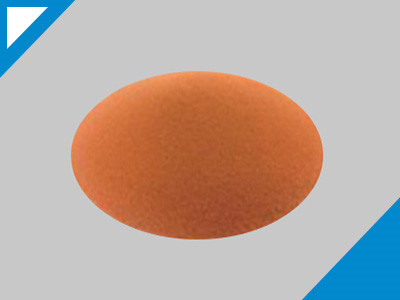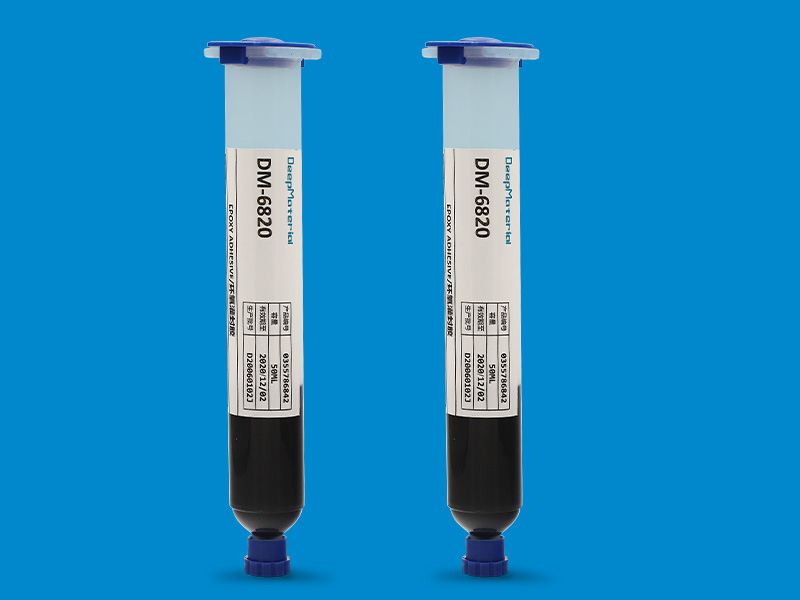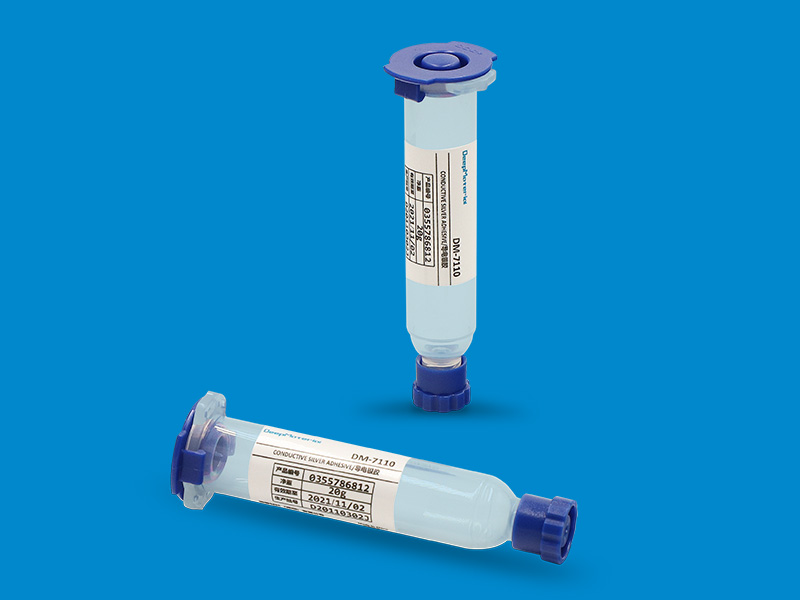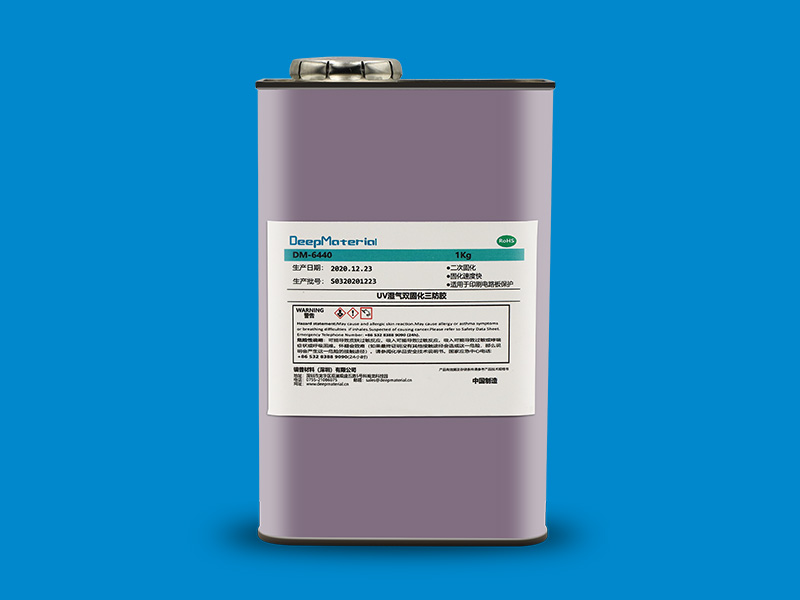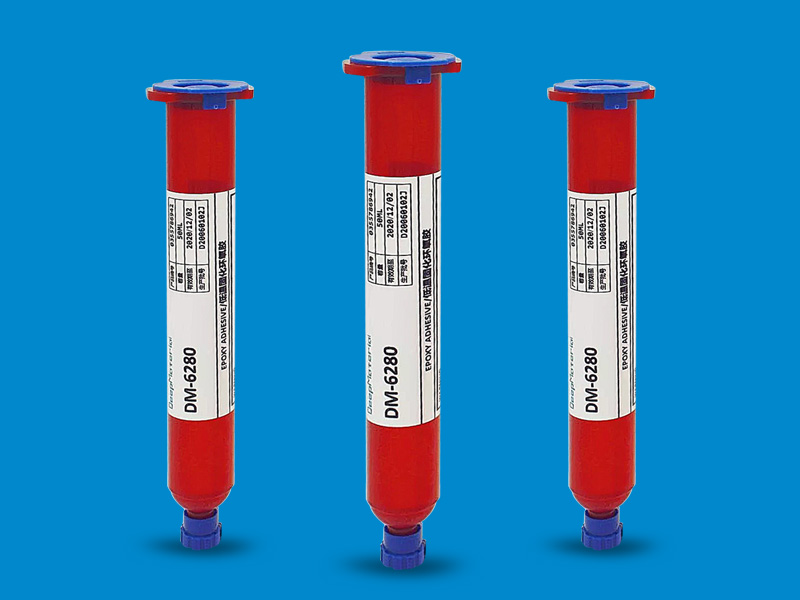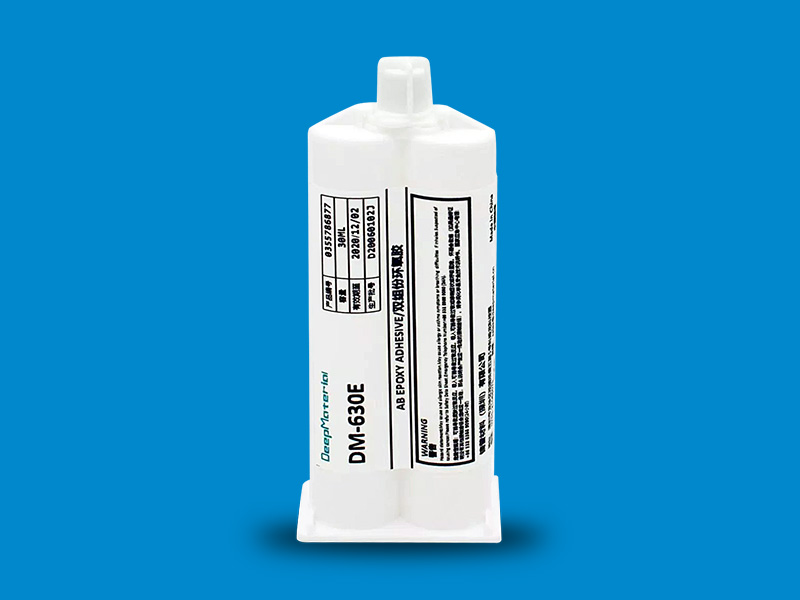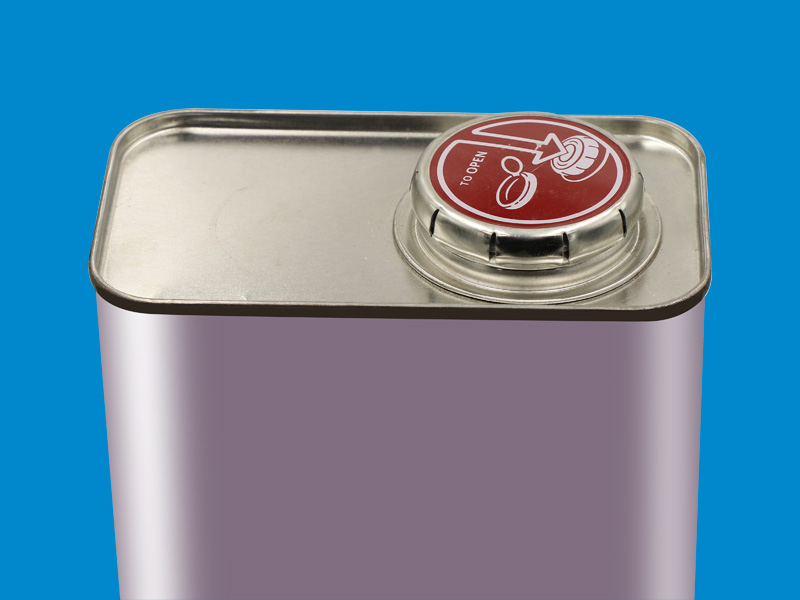How Industrial Binding Adhesive Manufacturers Are Providing Eco-Friendly Solutions
How Industrial Binding Adhesive Manufacturers Are Providing Eco-Friendly Solutions
The quest for sustainability in industries has become a pivotal concern. As we delve deeper into the 21st century, industries worldwide are redefining their operational strategies to align with eco-friendly practices, and the industrial binding adhesive sector is no exception. This industry, which has long been associated with chemical-intensive processes and products, is now making significant strides towards environmental stewardship.
Industrial binding adhesives, the unsung heroes of countless products we use daily, from books to furniture, automobiles to electronics, are undergoing a green revolution. Manufacturers are increasingly recognizing their responsibility towards the environment and are investing in research and development to produce adhesives that are not only high-performing but also have minimal environmental impact.
This blog post aims to shed light on how industrial binding adhesive manufacturers are stepping up their game in providing eco-friendly solutions. We will explore the innovative approaches these manufacturers are adopting, the challenges they face in this transition, and how these changes are influencing the broader industrial landscape.

The Need for Eco-Friendly Solutions in Industrial Adhesives
While industrial adhesives have revolutionized the manufacturing and construction industries, they have also had a negative impact on the environment. Traditional adhesives often contain harmful chemicals and volatile organic compounds (VOCs) that can contribute to air pollution and pose health risks to workers. These adhesives also generate significant amounts of waste during production and disposal.
With the growing awareness of environmental issues and the need for sustainable solutions, there is a growing demand for eco-friendly alternatives to traditional adhesives. Companies are increasingly looking for adhesives that are made from renewable and biodegradable materials, have lower emissions, and are safer for workers and the environment.
Sustainable Materials Used in Industrial Adhesives
To meet the demand for eco-friendly adhesives, manufacturers are turning to sustainable materials in their production processes. These materials include renewable resources such as plant-based polymers, natural resins, and bio-based additives. By using these materials, manufacturers can reduce their reliance on fossil fuels and minimize the environmental impact of their products.
One example of a renewable material used in industrial adhesives is soybean oil. Soybean oil can be processed to create a bio-based polymer that has similar adhesive properties to traditional petroleum-based adhesives. This bio-based adhesive is not only more sustainable but also offers improved performance in terms of strength and durability.
Reduction of Carbon Footprint in Industrial Adhesive Manufacturing
In addition to using sustainable materials, industrial adhesive manufacturers are also implementing sustainable practices in their manufacturing processes to reduce their carbon footprint. These practices include energy-efficient manufacturing techniques, waste reduction, and the use of renewable energy sources.
One example of a sustainable manufacturing process is the use of water-based adhesives. Water-based adhesives have lower VOC emissions compared to solvent-based adhesives, reducing air pollution and improving indoor air quality. They also require less energy to produce and have a lower carbon footprint.
Companies are also investing in renewable energy sources, such as solar and wind power, to power their manufacturing facilities. By using renewable energy, manufacturers can reduce their reliance on fossil fuels and significantly reduce their carbon emissions.
Biodegradable Adhesives for Industrial Use
Biodegradable adhesives are another eco-friendly alternative to traditional adhesives. These adhesives are designed to break down naturally over time, reducing waste and environmental impact. They are typically made from renewable materials and do not contain harmful chemicals or VOCs.
Biodegradable adhesives work by utilizing natural processes, such as microbial activity or exposure to moisture, to break down the adhesive bonds. This allows for easy separation and recycling of materials, making them ideal for industries such as packaging and construction.
Water-Based Adhesives as an Eco-Friendly Alternative
Water-based adhesives have gained popularity as an eco-friendly alternative to solvent-based adhesives. These adhesives are made by suspending polymers in water, eliminating the need for harmful solvents. They offer several advantages over solvent-based adhesives, including lower VOC emissions, improved worker safety, and easier cleanup.
One of the main advantages of water-based adhesives is their lower VOC emissions. VOCs are harmful chemicals that can contribute to air pollution and pose health risks to workers. By using water as a carrier instead of solvents, water-based adhesives significantly reduce VOC emissions, improving indoor air quality and reducing environmental impact.
Water-based adhesives also offer improved worker safety. Solvent-based adhesives often require the use of protective equipment, such as respirators and gloves, due to their high toxicity. Water-based adhesives, on the other hand, have lower toxicity levels and do not require the same level of protective equipment, making them safer for workers.
Eco-Friendly Adhesives in Packaging and Labeling
The use of eco-friendly adhesives in packaging and labeling has become increasingly important in recent years. Consumers are becoming more conscious of the environmental impact of their purchasing decisions and are actively seeking out products that are packaged and labeled using sustainable materials.
Many companies have recognized this shift in consumer preferences and have started using eco-friendly adhesives in their packaging and labeling. For example, some companies have switched to biodegradable adhesives for sealing their product packaging. This allows for easy separation and recycling of packaging materials, reducing waste and environmental impact.
Using eco-friendly adhesives in labeling is also gaining popularity. Labels are often applied to various surfaces, such as glass, plastic, or metal, and need to adhere securely. Water-based adhesives are an excellent choice for labeling applications as they provide strong adhesion while also being easily removable. This allows for efficient recycling of labeled products and reduces the environmental impact of the labeling process.
The use of eco-friendly adhesives in packaging and labeling not only benefits the environment but also has a positive impact on consumer perception and brand image. Companies that prioritize sustainability in their packaging and labeling choices are seen as more responsible and trustworthy by consumers, which can lead to increased brand loyalty and sales.

Final Words on The Importance of Choosing Eco-Friendly Industrial Adhesives
In conclusion, choosing eco-friendly industrial adhesives is crucial for companies looking to reduce their environmental impact and meet the growing demand for sustainable solutions. These adhesives offer several advantages over traditional adhesives, including lower emissions, improved worker safety, and better product performance.
By using sustainable materials and implementing sustainable manufacturing practices, industrial adhesive manufacturers can significantly reduce their carbon footprint and contribute to a more sustainable future. Companies that prioritize sustainability in their adhesive choices can benefit from cost savings, improved brand image, and increased customer loyalty.
For more about choosing the Industrial Binding Adhesive Manufacturers, you can pay a visit to DeepMaterial at https://www.electronicadhesive.com/about/ for more info.



